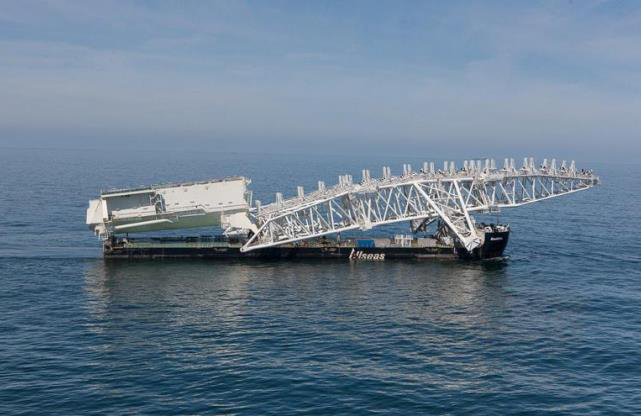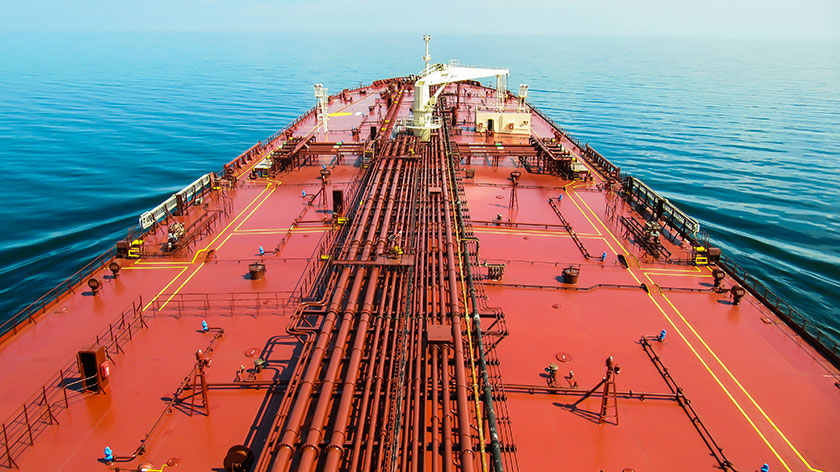Twój koszyk jest obecnie pusty!
Polish election sees PiS take energy policy reins. Commentary for Interfax
BERLIN. October 26 (Interfax Energy) – Polish voters have replaced the centre-right Civic Platform with the more socially conservative Law and Justice (PiS) party, according to exit polls on Sunday, with the change likely to herald only slight adjustments to national energy policy. Support for coal and a commitment to easing dependence on Russian gas…
Support for coal and a commitment to easing dependence on Russian gas with alternatives such as LNG are policy pillars certain to be maintained under PiS.
„[The] energy policy of the new government will not be as different from the present one as many had thought.Poland is obliged to introduce climate policies and the feasibility of the coal sector is in question,” Wojciech Jakobik, an energy expert at the Krakow-based Jagiellonian Institute, told Interfax just before polling began.
Although Civic Platform pursued a more „give-and-take game” on climate talks, according to Jakobik, PiS hopes to secure possible exemptions for Poland on climate goals, allowing it to burn more coal. With the UN COP21 summit in Paris scheduled for December, PiS will have little time to formulate a negotiating position.
The PiS chairman, co-founder, former prime minister and frank eurosceptic Jaroslaw Kaczynski is also understood to be unsure of Brussels’ ability to take an active role in a continental 'energy union’ – a policy created in Warsaw by European Council President and Civic Platform founder Donald Tusk.
Instead, Poland is likely to pursue a more unilateral policy. Locally abundant coal accounts for more than 90% of domestic power generation, and PiS’s Prime-Minister-in-waiting Beata Szydlo’s father was a coal miner in the southeastern region of Poland, where mining ensures many jobs.
„Both parties believe Poland will stay with coal for the next few decades. That is why they want to invest in mine efficiency and increase coal demand in Poland. It is a contradiction to Brussels policy but it is [popular] in Silesia, which is an important region in elections,” Jakobik said.
Wrangling with Gazprom
On gas, Poland’s state-owned importer PGNiG remains in arbitration with Gazprom at the Stockholm court, seeking to amend its long-term contract. A similar case was pursued in 2011, but ended in an out-of-court settlement.
Talks continue to head toward another possible compromise with Russia’s state exporter, but with PiS insistent on a NATO presence in Central Europe it is unlikely that there will be any horse-trading over gas pricing and pipeline projects such as Yamal-Europe 2.
Successive Polish governments have been vocal critics of Gazprom’s Nord Stream project, with Poland’s recently elected President and PiS candidate Andrezj Duda arguing the project undermines European solidarity.
„If we take into account that there is an agreement on the construction of Nord Stream 2 that completely neglects Poland’s interests, one should seriously ask about this unity,” Duda said recently. It appears PiS will continue to reject the project design and push for better alignment with its neighbours.
„Political pressure [on Nord Stream] is [being] created by the [outgoing] president of Poland, who criticises the project. He points out that there should be no exemption from EU law for Gazprom and the Russian company must play by the rules. That will [also] be the probable line of the new government,” Jakobik said.
Under a majority PiS government, a pipeline project linking Poland directly with Norwegian gas production could be revived, Jakobik suggested. The last time that proposal was seriously developed was around 2000, with contracts signed with Statoil as part of a strategy of supply diversification by former Prime Minister Jerzy Buzek’s administration.
PiS secured 39% of the vote, according to exit polls, with the full results and seat breakdown in the Sejm,Poland’s parliament, not yet fully calculated. Early indications are that PiS – out of government for eight years – will almost certainly govern alone in the first single-party executive in Poland’s post-communist era.
Leading up the election, Civic Platform made several attempts to grab the headlines with decisive action on energy. Days before polling began, the government engineered a deal that saw a state-run energy company take over a struggling coal mine at Brzeszcze.
Prime Minister Ewa Kopacz inaugurated the long-delayed LNG terminal at the Baltic port of Swinoujscie this month, pledging that the first cargo would arrive in December.
Russia, meanwhile, insists it wants to get along with Poland. „We respect the outcome of the Polish elections, but at the same time we regret that our bilateral relations are currently not in the best shape,” Dmitri Peskov, spokesman for Russian President Vladimir Putin, said on Monday.
„However, as they say, love can’t be forced. We hope for political wisdom in terms of [a]gradual normalising [of] our relations,” Peskov added. Russian media has responded to the result by highlighting differences between Warsaw and both Moscow and Brussels on various foreign policy issues.
Source: Interfax





Leave a Reply